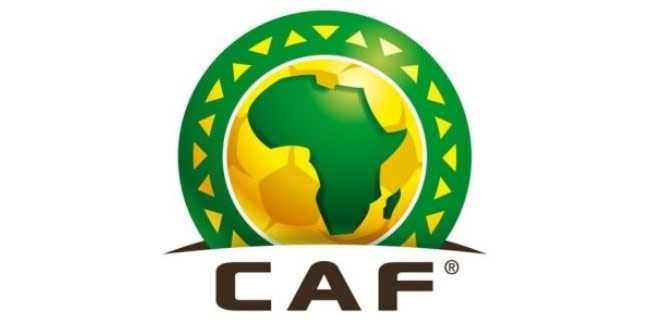CAF set to revamp Champions League and Confederation cup calendar for 2025-2026 season

The Confederation of African Football (CAF) is preparing to implement a major restructuring of its interclub competition calendar for the 2025-2026 season, in response to scheduling pressures posed by international tournaments and World Cup qualifiers.
Reports indicate that the upcoming editions of both the CAF Champions League and the CAF Confederation Cup will undergo notable calendar adjustments.
The revisions aim to accommodate a congested football calendar that includes qualifiers for the 2026 FIFA World Cup, as well as the final stages of the Arab Cup of Nations and the Africa Cup of Nations (AFCON).
Under the proposed schedule, the preliminary rounds and the first three matchdays of the group stages in both continental competitions will be held between mid-September and the end of November.
This marks a departure from the traditional format, which typically features fixtures across December and January. In a break from previous campaigns, there will be a complete pause in interclub matches during those two months.
CAF is expected to resume both the Champions League and Confederation Cup fixtures in February 2026, once the major international competitions have concluded and the fixture congestion has eased.
This adjustment will allow clubs to better manage their squads during a period that is typically overloaded with commitments on both domestic and international fronts.
The decision signals CAF’s growing awareness of the logistical challenges faced by African clubs and national teams, many of which are simultaneously engaged in demanding competitions across multiple fronts.
With key players often called up for national duty during the AFCON and World Cup qualifying windows, clubs have long grappled with the issue of player availability during critical stages of interclub tournaments.
This new calendar is designed to minimise conflicts and ensure smoother scheduling across the African football ecosystem. It is also expected to offer some relief to players, who frequently face the burden of heavy travel and tightly packed fixtures during peak tournament periods.
While the governing body has yet to formally announce the full details of the revised schedule, the anticipated changes have already begun to generate reaction among club officials, coaches, and football administrators across the continent.
Many see the move as a practical step towards harmonising CAF’s calendar with global football obligations and ensuring that African competitions remain competitive without overtaxing players or clubs.
CAF’s interclub competitions are among the most prestigious on the continent, drawing widespread attention and offering a platform for African clubs to showcase their talent on an international stage.
Ensuring the smooth organisation of these tournaments is seen as vital to the continued growth and professionalism of African football.
The 2025-2026 season is shaping up to be one of the most tightly scheduled periods in recent memory, with clubs, national teams, and players all navigating a dense competitive landscape.
CAF’s decision to restructure its calendar is therefore likely to be a pivotal move, aimed at preserving the integrity and quality of its flagship tournaments in the face of unprecedented demands on time and resources.




